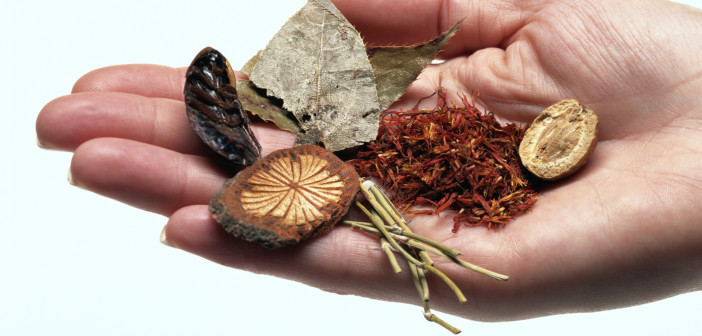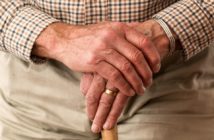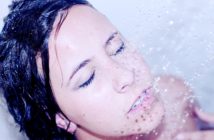Chinese herbal medicine has a rich and extensive history. The practice of using herbs for medicinal purposes dates back before the written word (more than 5,000 years ago) when generations passed down knowledge and experience by word of mouth. One of the first known individuals credited with the introduction of herbology was Shen Nung (2,692 B.C.E). Shen Nung was the leader of an ancient clan and is referred to as the father of Chinese agriculture. Folklore claims that Shen Nung personally tasted 100 different herbs then taught his findings to the members of his clan. Over time, reclusive shamans were given the job of administering the herbal remedies, whom themselves vigorously practiced herbal dieting, medicine, therapeutic breathing as well as Kung Fu.
The earliest known writings of Chinese herbal medicine dates back to the late Shang dynasty (1,200 B.C.E). These writings were carved on “oracle bones”. The bones were used to record the activities of the people during this time and included information regarding illnesses, medicine, weather, warfare, medicinal treatments and hunting. Proper herbal administration took centuries to perfect: trial and error the most commonly used practice. Over time, the understanding of toxicity and lethal dosage increased; this lead to the first written compilations of herbal records. Some noted ancient physicians include: Hua Tuo who was the first physician to use herbal anesthetics during surgery, Chang Chung Ching who wrote a guide of 100 herbal formulas, many of which are still used today, and Tao Hung Ching who wrote a book that separated herbs into categories based on the quality and potency of the plant.
Ancient Chinese herbology was one part medicinal and one part magical. There was no real (scientific) base to the system until close to the second century B.C.E. During this time an improved system was created based on extensive research and facts. Similarly, during this time, acupuncture was the primary source of healing, while herbal usage came second. It wasn’t until the 12th century C.E. that a deeper understanding of herbal treatment appeared. Hundreds of generations of herbal knowledge lead to a practice presently referred to as TCHM-Traditional Chinese Herbal Medicine. Traditional herbal practices took off during the 14th century and increased every century since, especially during the 20th century when Western diseases were introduced to this part of the world.
The principles of TCHM include the balance between the energy of the body and the health of the body. This balance, the Taoist concept of Yin and Yang, aids in assisting the diagnosis and treatment of an ill person. These treatments begin in indentifying the elements that are out of balance and how to bring them back to universal harmony. Cosmic powers play a large role in this practice.
There are four categories of herbs in TCHM: ministerial, deputy, assistance and envoy. Ministerial herbs aid in addressing the main cause of the disease, while the deputy herbs aid the ministerial herbs. The assistant herbs are used to control any side effects caused by the ministerial and deputy herbs and lastly, the envoy herbs aid in directing the herbs to the particular area of the body that is out of balance.
According to EastEarthTrade.com, one of most widely practiced (and presently performed) forms of taking of herbal medicine was water decoctions. One to thirteen different combinations of herbs (up to 12 grams) was boiled in water for about 45 minutes. The liquid was then separated from the boiled herb(s) and orally consumed. Another way herbs were administered was in powered form or dried concentrated form. The honey pill was also a popular means of administering herbal remedies. Honey was combined with the herbs, making consumption easier; many herbs are bitter or often foul to taste.
History & Findings of Chinese Herbal Medicine, http://www.mcpt.com.au/history.php
Kevin V Ergil, Elizabeth J Kramer, Anthony T Ng, Chinese Herbal Medicines
http://www.ncbi.nlm.nih.gov/pmc/articles/PMC1071750/
Traditional Chinese Herbal Medicine http://www.med.nyu.edu/content?ChunkIID=37410




